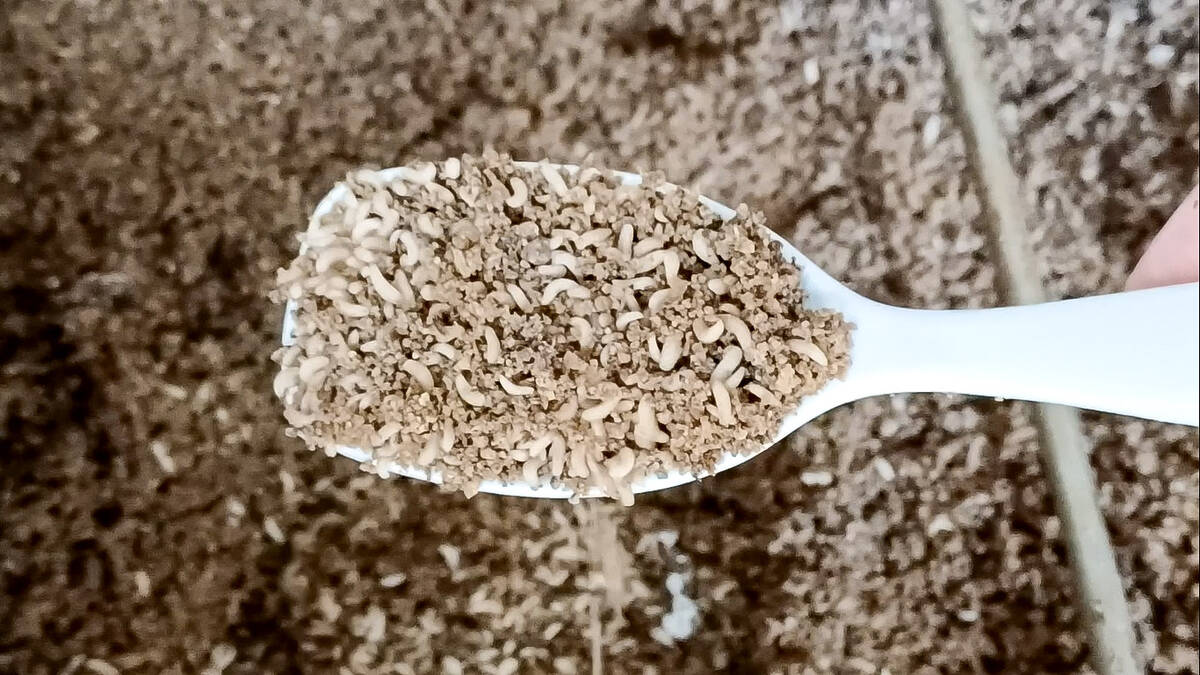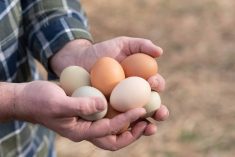On March 2, the 13th World Trade Organization ministerial ended the same way most previous ministerial gatherings have. Member ministers discussed the burning need to change two key international trade rules (on ag trade and overfishing), and then everyone went home without changing any key international trade rules.
This time around, the actionless talkfest carried a steeper price than previous gassy gatherings. This one left the WTO, the world’s biggest trade-rules-enforcing body, badly weakened and in danger of slipping into irrelevancy.
WTO director-general Ngozi Okonjo-Iweala said the meeting had “achieved some important things and we have not managed to complete others.”
Read Also

Bug farming has a scaling problem
Why hasn’t bug farming scaled despite huge investment and subsidies? A look at the technical, cost and market realities behind its struggle.
Nice try, but the truth is that the Abu Dhabi meeting achieved little and managed nothing.
The outcome wasn’t unexpected. In fact, it would have been breaking news had the ministers agreed on any new rules.
Despite continuous bickering, the rise and eventual embrace of the WTO’s neoliberal trade regime — lower or fewer tariffs, integrated regional and global markets, more standardized food safety rules and meaningful reforms to domestic farm subsidies — did fuel decades of expanded international ag trade. Now, however, the WTO’s stumbling progress toward freer markets is running out of steam.
One cause is the rise in nationalism and the protectionism that rhetoric breeds. Another, and one that no global organization even talked about in 1995, is the increasing number of individual efforts around the world to tackle ag’s sizable role in climate change.
These highly detailed, increasingly strict programs are focusing most nations’ ag interests locally and regionally, rather than globally, as farmers adapt, argue and fight over the implementation and effect of these changes.
Arguing and fighting is exactly where many European farmers find themselves in the current protests over the European Union’s new “green” regulations.
Most protesters see red, not green, when analyzing these programs. First, they say, new farming rules that slash pesticide use and impose fertilizer limits will cut farm profits. Second, the new regulations are an engraved invitation for low-cost competitors, not burdened by “green” costs, to flood EU markets.
Political leaders are worried about rising nationalism. Right wing politicians in France, Italy and the Netherlands, they claim, already are exploiting rural anger (and doesn’t that sound familiar) in hopes of expanding their clout through European Parliament elections in June.
To head off that possibility, European “lawmakers have rushed to make concessions to appease farmers,” global affairs magazine Foreign Policy reported Feb. 24.
In the “sharpest reversal” so far, it explained, “the EU abandoned its major proposal to slash pesticide use by 50 percent…”
In the meantime, few are looking for the WTO to muscle-up and reassert its presence in international markets. For that to happen, trade analysts explain, the WTO needs to stop bleeding authority.
For example, just prior to the February ministerial, delegates could not “even agree to ‘formalize’ the talks … to revive the WTO’s top appeals court … which has been idle since 2019…”
After five years of idleness, it’s not that the WTO can’t restart the appeals court, so much as key members won’t allow the WTO to restart it. Similarly, the just-again-failed ag and overfishing overhaul is more about “won’t” than “can’t.”
The result is a weaker WTO and stronger nationalism, and that’s a bad trade by any measure.
The Farm and Food File is published weekly throughout the U.S. and Canada. Past columns, supporting documents and contact information are posted at farmandfoodfile.com.















